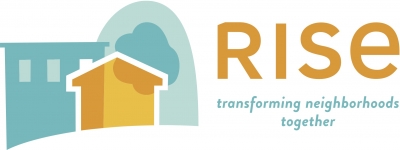What do we really mean when we talk about gentrification? – Stephen Acree
As someone who spends most of my time thinking about and doing community development work I know how easy it can be to make certain assumptions about the good work we are doing and to take for granted that we are on the “right side” of things. I was reminded of this on a recent trip to Baltimore with some colleagues. We were there to see for ourselves how Healthy Neighborhoods works to improve “middle neighborhoods.” The mission of Healthy Neighborhoods is to help strong but undervalued Baltimore neighborhoods increase home values, market their communities, create high standards for property improvements, and forge strong connections among neighbors. On our visit to the Reservoir Hill neighborhood the issue of gentrification was raised. Our host, who was the director of the neighborhood organization, said that the real issue is the threat of marginalization. While I have often responded to questions about gentrification by either noting that in weak markets, like St. Louis, with so much vacancy and abandonment, the actual displacement of residents is very infrequent; or by noting that raising the quality of life in neighborhoods by attracting more investment and people with disposable income also benefits the low-income people in the neighborhood because they will then live in higher quality neighborhoods with better amenities; both of which may well be true, neither of these answers the question of the potential for marginalization. What most low-income people really fear when neighborhoods are in transition is that the power structure in their community will be altered and they will be marginalized in the process. As community builders we have to address this legitimate concern head-on by implementing strategies that take great pains to include low-income people in the change that happens in the communities where they live. We should continually remind ourselves of this as we work to improve communities in our own region.

Stephen Acree
President/Rise Community Development
